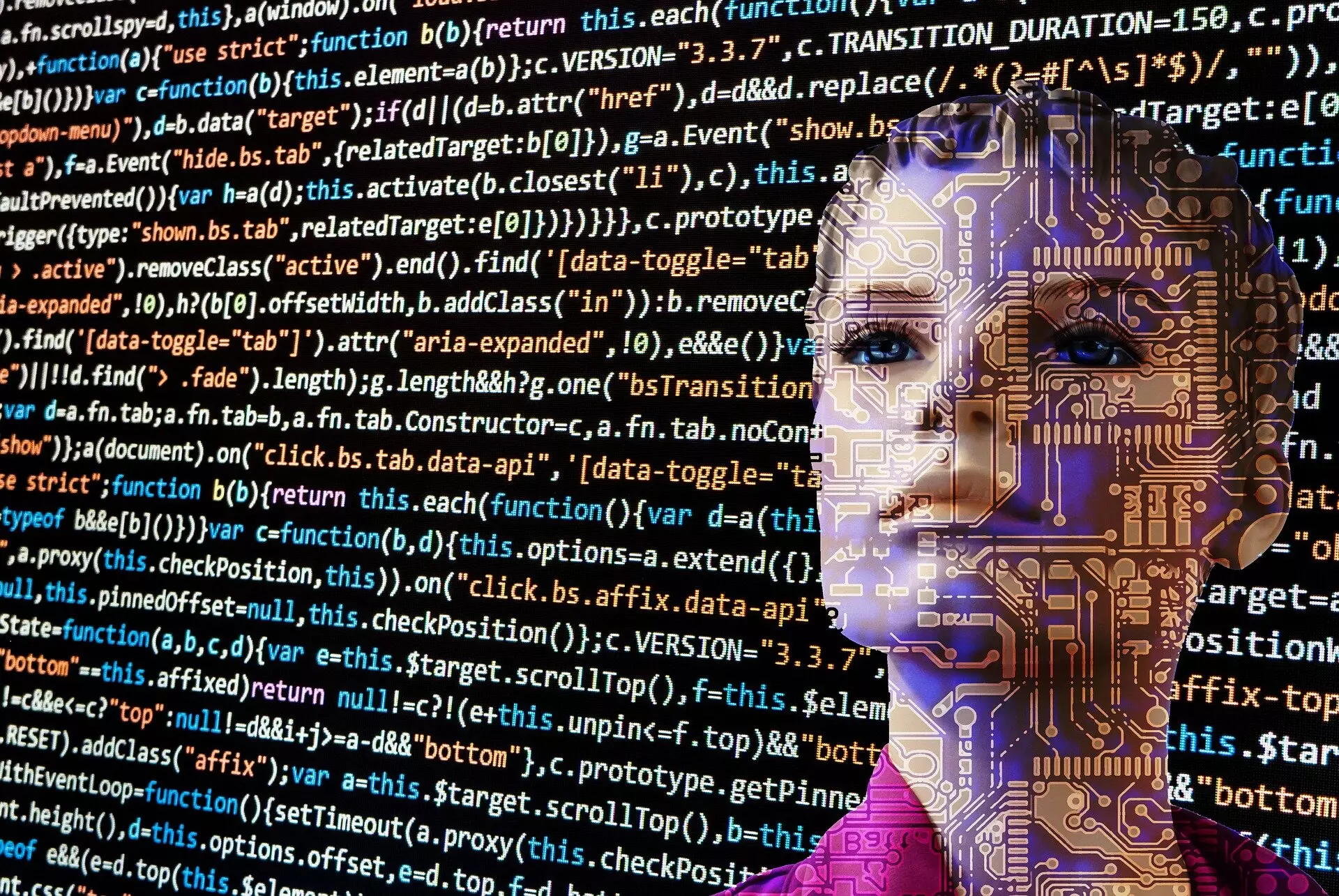Generative AI is revolutionizing the way we interact with technology by allowing for the creation of novel content such as text, videos, images, and music. The traditional AI systems were limited by predetermined rules and patterns, but generative AI can think outside the box. This innovation has the potential to reshape virtually every branch of society, from information to work, education, and health care.
When it comes to work, generative AI promises to enhance human capabilities rather than replace them. Tools like chat assistants and programming aids have shown to significantly boost productivity and job satisfaction, particularly for less-skilled workers. However, the uneven access to AI technologies could widen the gap between those who have the necessary digital infrastructure and skills and those who do not. Without proper implementation and equal distribution, generative AI could exacerbate existing inequalities.
Transforming Education
In the field of education, generative AI can enhance personal support and adaptability in learning. Chatbot tutors, for example, are revolutionizing educational settings by providing real-time, personalized instruction and support. This technology has the potential to create dynamic, skill-adaptive teaching methods that cater to individual student needs. However, it is crucial to implement these tools carefully to avoid perpetuating biases, both in terms of the information fed into AI systems and how they are utilized.
Studies have shown that there is a gender gap in technology usage, with female students utilizing AI tools less frequently than their male counterparts. This inequality could not only impact academic achievement but also contribute to a future gender gap in the workforce. Therefore, it is essential to address these disparities in technology adoption to ensure equal opportunities for all students.
Generative AI also holds the potential to revolutionize healthcare by augmenting human capacities in medical practice. AI can guide practitioners during diagnosis, screening, prognosis, and triaging, reducing workloads and making medical care more accessible and affordable. While human-AI integration has shown superior performance in some cases, there is still a need for balanced integration that supplements rather than replaces human expertise.
However, studies have shown that AI can lead to incorrect diagnoses in certain situations, highlighting the importance of human oversight in medical decision-making. The key is to find a balance between human judgment and AI assistance to ensure optimal patient outcomes and healthcare delivery.
Conversations around generative AI often center on its potential to either exacerbate or reduce the spread of misinformation. While AI has the capability to personalize online content and broaden access to information, it also poses a risk of being used for “surveillance capitalism.” The collection of massive amounts of personal data can be exploited for corporate gain, leading to the spread of misinformation through advanced deepfakes and targeted fake content.
Regulatory frameworks need to be established to address these issues and prevent the exacerbation of socioeconomic inequalities. Policies should focus on balancing AI innovation with social equity, consumer protection, and the prevention of AI-generated misinformation. By implementing equitable tax structures, empowering workers, controlling consumer information, and supporting human-complementary AI research, we can ensure that generative AI benefits society as a whole.
We are at a critical juncture where the decisions we make today will shape the future for generations to come. It is essential for policymakers, researchers, and individuals to work together to harness the potential of generative AI for the positive advancement of society. By recognizing the challenges and opportunities presented by this technology, we can steer towards a future where generative AI serves as humanity’s greatest innovation rather than its worst.


Leave a Reply